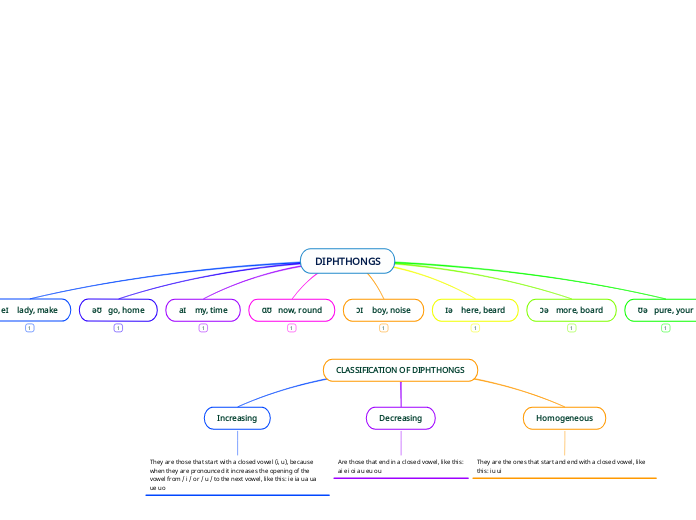How To Solve A Differential Equation
Higher Order
Second Order Method
High Order Method
Homogeneous
System Method
System of DE's
Form the Characteristic Eq of the Matrix
Solve for the Eigenvalues
Plug in those Eigenvalues
Obatin Eigenvectors
Form the General Solution
Second Order?
Homogeneous?
Form The Characteristic Equation
Using the C.E's, Find its roots
Complex Imaginary Roots
Solution: y(t)=e^(At)(c1cosBt+c2sinBt)
Repeated Roots
Solution: y(t)=c1e^(r1t)+c2te^(r1t)
Real Roots
Solution: y(t)=c1e^(r1t)+c2e^(r2t)
Non-Homogeneous
Subtopic
First, Find the Homogenous Solution
Then Find the Particular Solution
Variation of Parameters Method
Undetermined Coefficeint Method
Any Order IVP
Use the Laplace
Solve for Y
Take the Inverse of the Laplace
Is it a First Order?
Can You Integrate Directly?
No: Is it Seperable?
Seperable?
No: Can you use the Integrating Factor Method?
Integrating Factor Method
What is the Integrating Factor?
Multiply by the Integrating Factor
Finally, Solve for Y
Yes: Integrate and solve for Y
Yes: Inegrate and solve for Y









